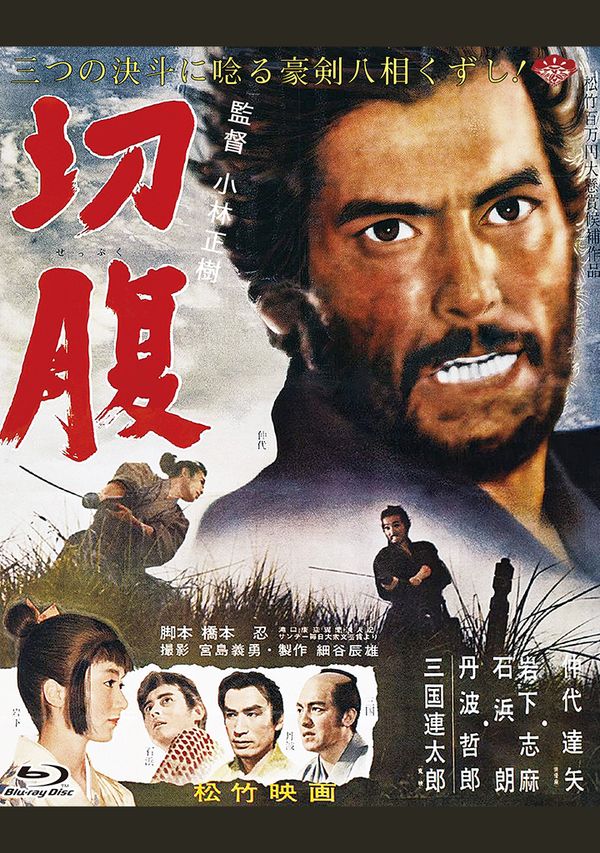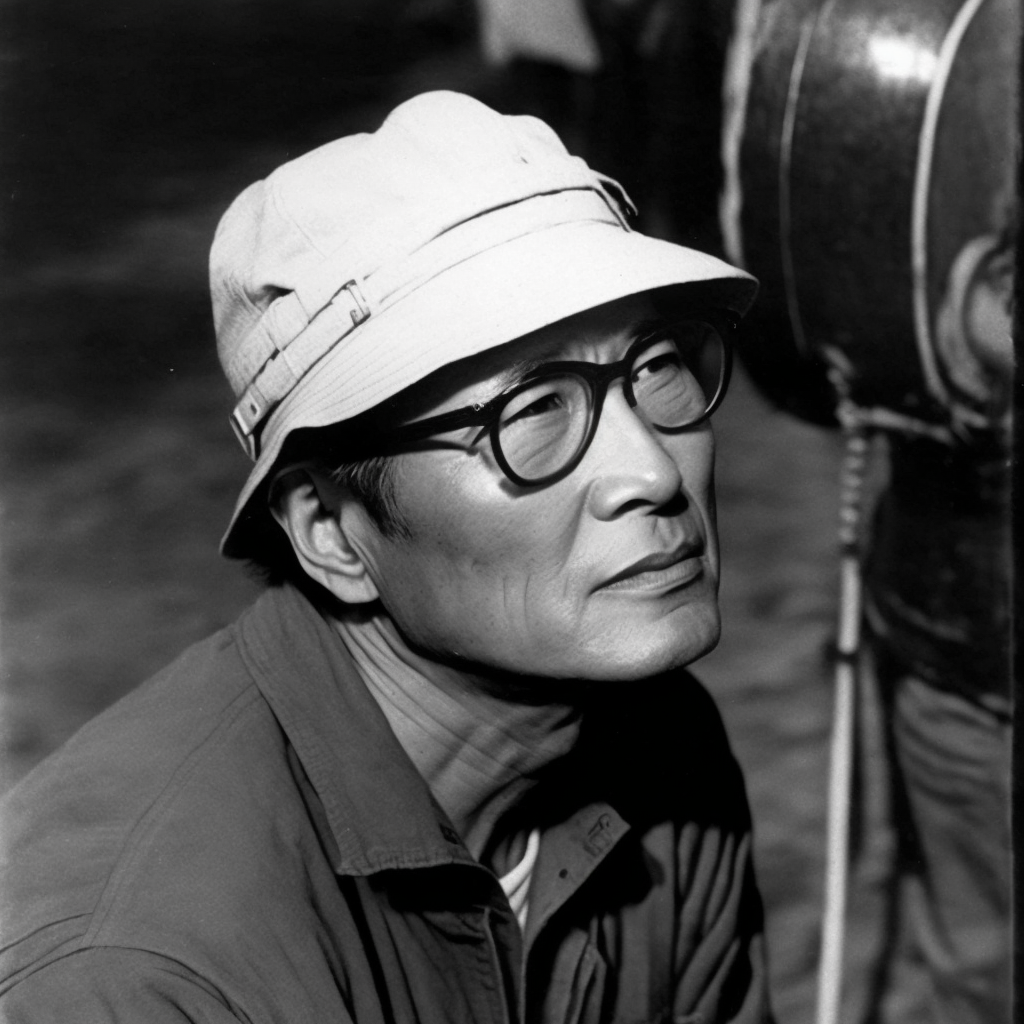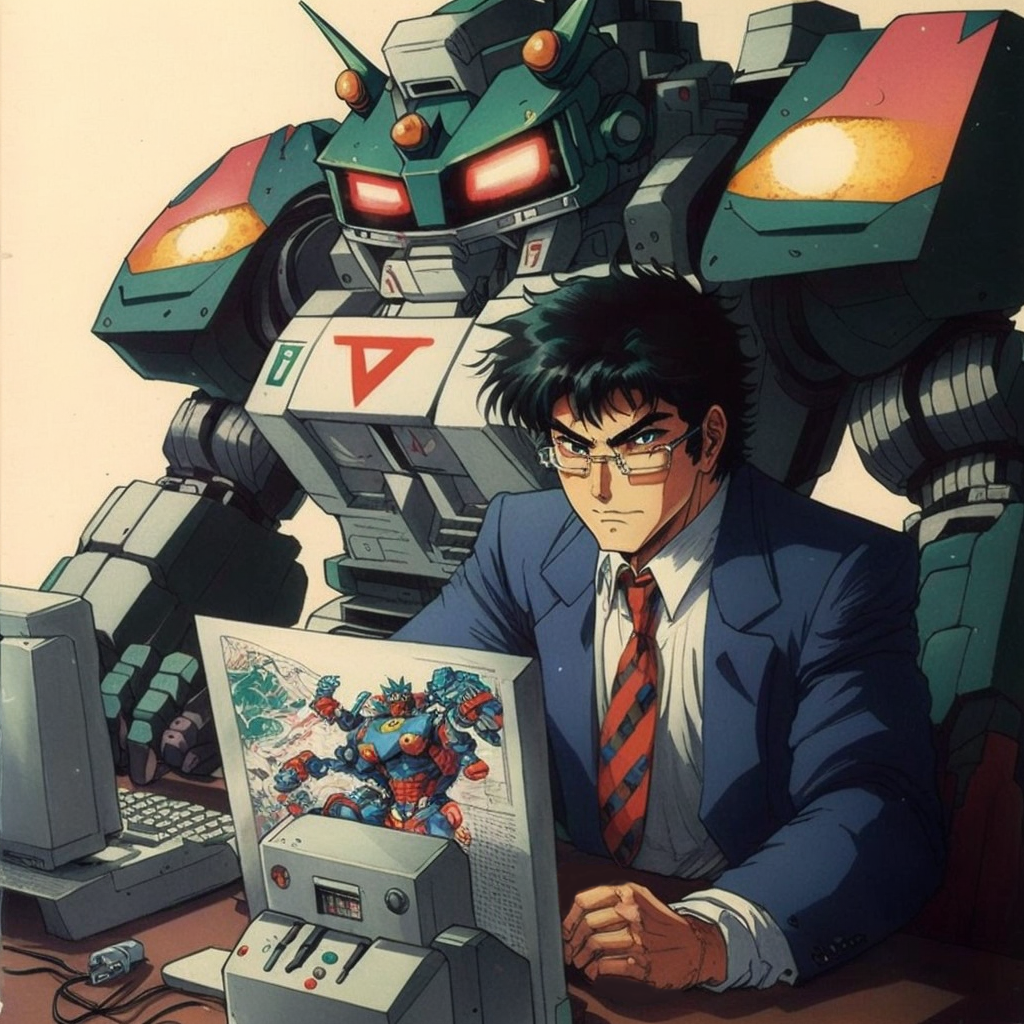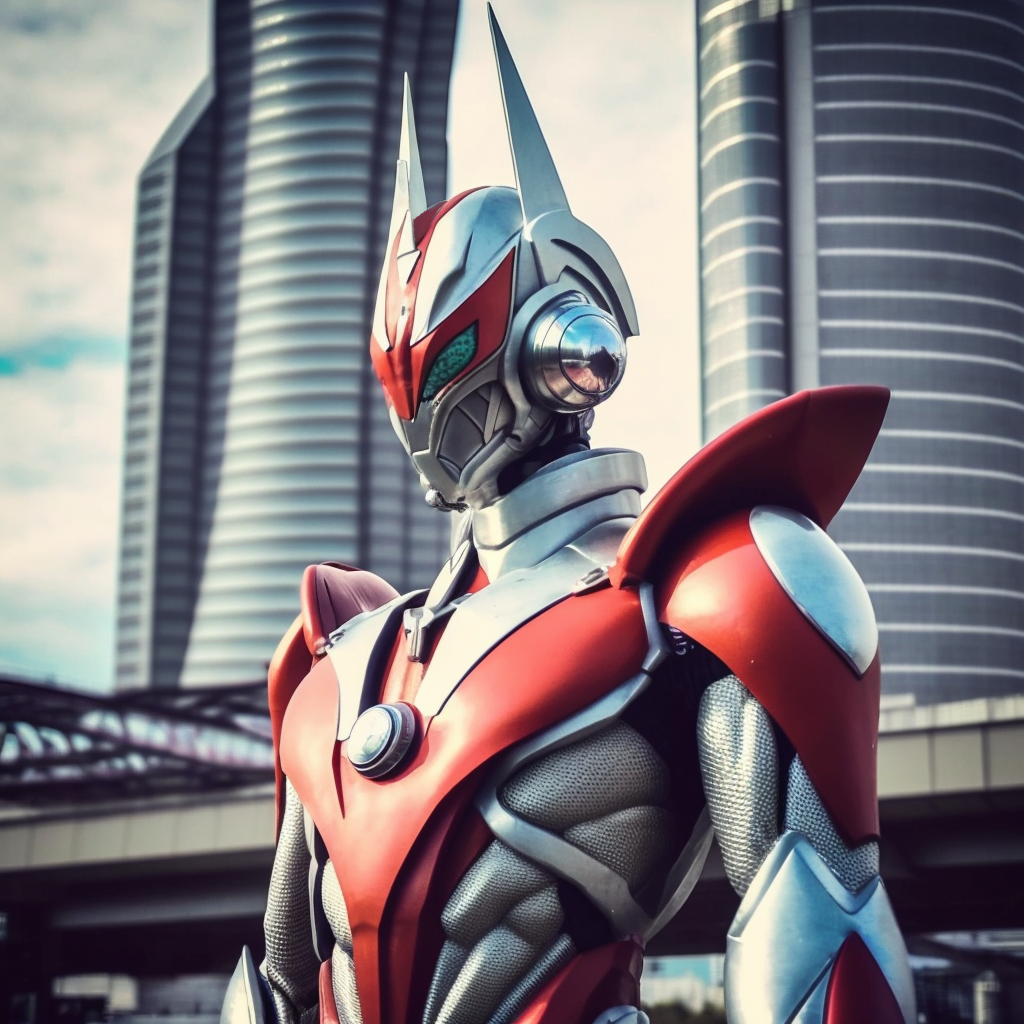“Hara-Kiri” (Seppuku in Japanese) is a Japanese film directed by Kobayashi Masaki in 1962. Considered one of the masterpieces of Japanese cinema, the film explores the themes of honor, loyalty and justice in the context of feudal Japan. With its captivating direction, profound script and outstanding acting performances, “Hara-Kiri” continues to inspire filmmakers and touch audiences around the world, even decades after its release.
The story:
Set in the 17th century, during the age of the samurai, “Hara-Kiri” follows the story of Tsugumo Hanshiro, a rōnin (a masterless samurai) who presents himself to the Iyi clan to request permission to commit suicide by seppuku ritual in their courtyard. Confronted with their clan’s reputation, Iyi’s leaders suspect Tsugumo of seeking financial compensation. Before committing suicide, Tsugumo tells the tragic story of another rōnin, Motome Chijiiwa, who also presented himself to the Iyi clan to request the ritual of seppuku, but whose request was refused. The truth behind Motome’s fate reveals a complex story of betrayal, honor and justice.
Themes explored:
“Hara-Kiri” explores deep, universal themes. Honor and loyalty are central elements of the film, and the way these values are perceived and respected (or not) by the characters gives rise to dramatic and emotional situations. The film challenges the traditional idea of honor and highlights the contradictions between individual morality and social codes. It also highlights the rigidity of hierarchical structures in Japanese feudal society and the tragic consequences they can have on individuals.
Direction:
Kobayashi Masaki’s direction is superb and captivating. Every shot is carefully composed, highlighting the magnificent landscapes as well as the details of the period costumes and sets. The camera is skilfully used to create dramatic tension and underline the characters’ intense emotions. The art direction and lighting effects reinforce the film’s dark, oppressive atmosphere.
Acting performances:
The actors’ performances in “Hara-Kiri” are outstanding. Nakadai Tatsuya plays Tsugumo Hanshiro with remarkable depth and intensity. His subtle acting conveys both the sadness and determination of the character. Other actors, such as Ishihama Akira, Otaki Eiji and Yamamura So, also deliver memorable performances, adding an extra layer of complexity and realism to the characters they portray.
Heritage and influence:
“Hara-Kiri” marked a turning point in Japanese cinema and had a profound influence on many directors. The film has been praised for its realistic approach and its exploration of moral dilemmas. It paved the way for a new wave of Japanese films focusing on social and political criticism, challenging established traditions and norms.
The mastery of the narration and the depth of the themes addressed in “Hara-Kiri” have allowed the film to cross the decades without losing its impact. It continues to be studied in film schools and admired by moviegoers around the world. The success of “Hara-Kiri” also led to international recognition for Kobayashi Masaki and enhanced his reputation as an acclaimed director.





